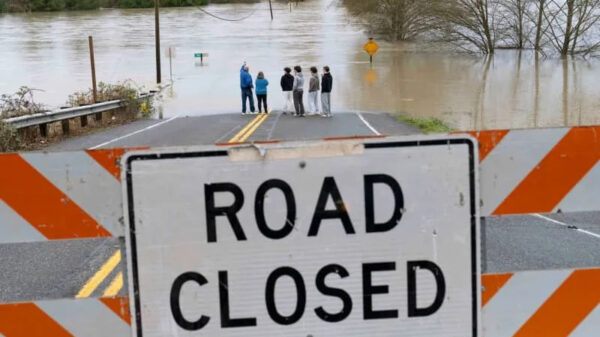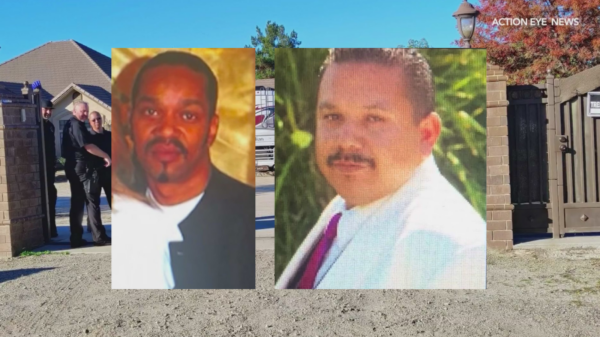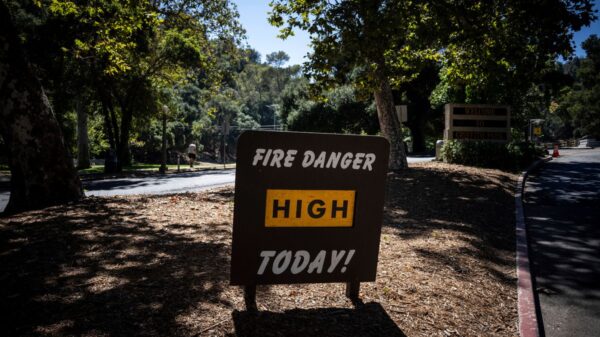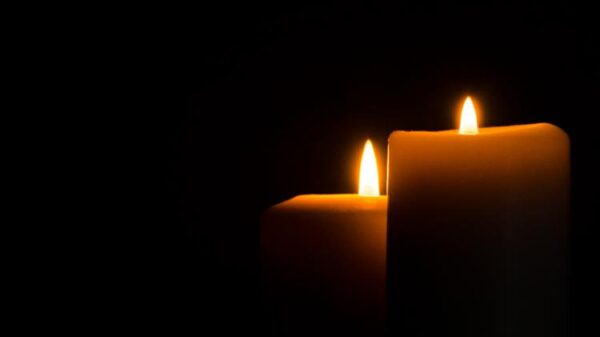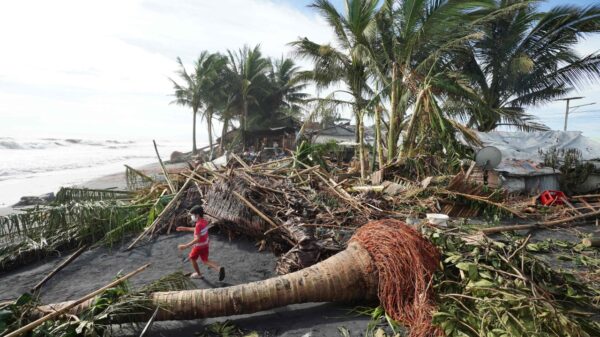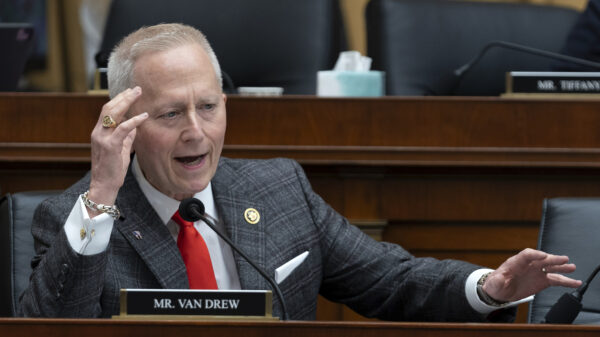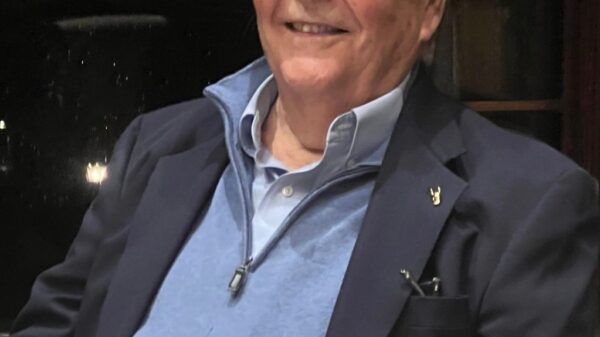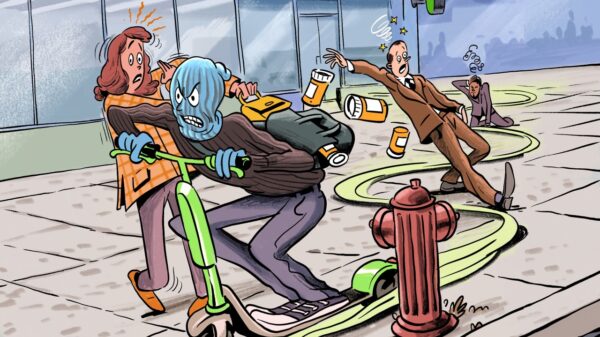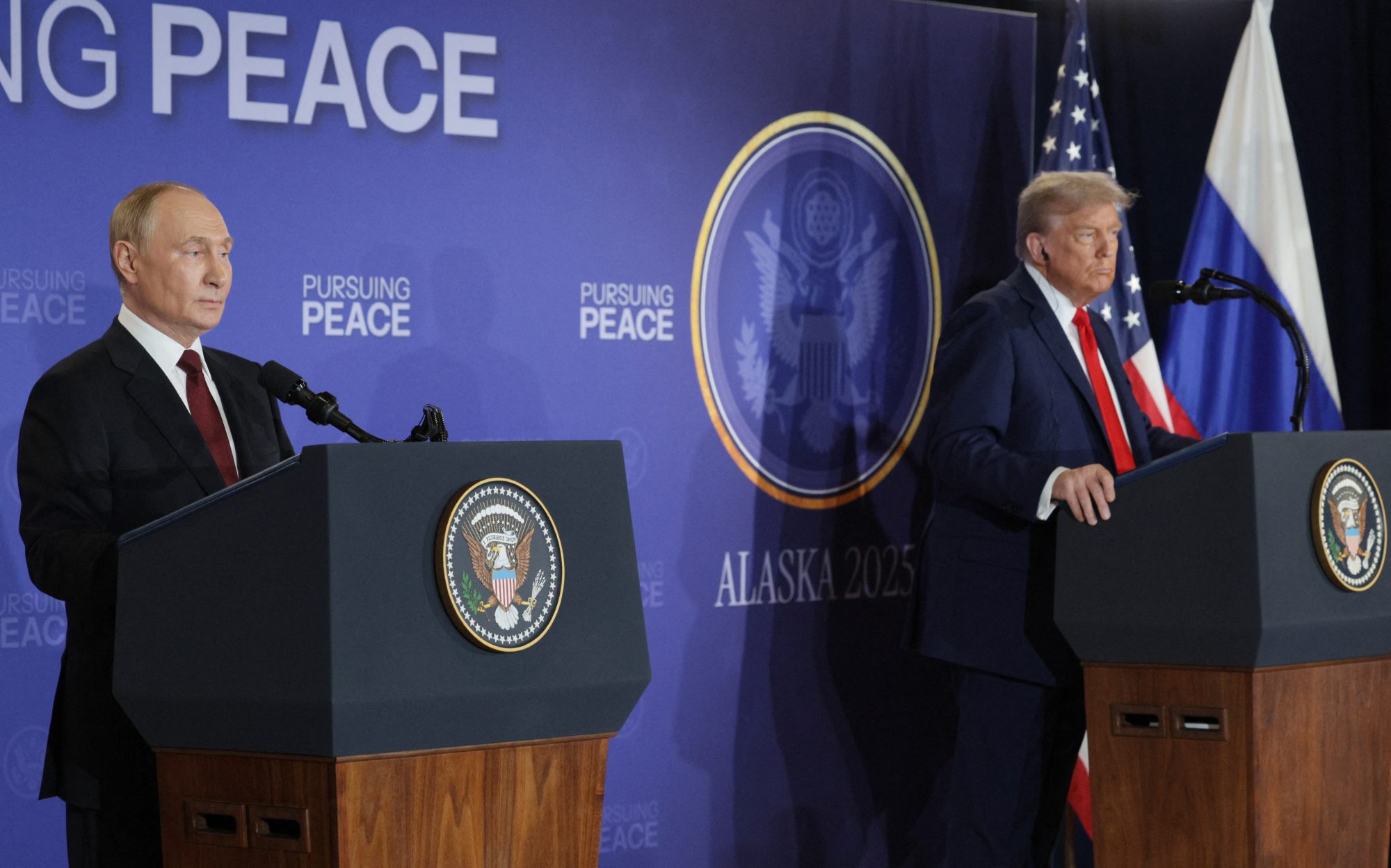BREAKING: President Donald Trump and Russian leader Vladimir Putin concluded their highly anticipated summit in Alaska on August 19, 2025, with no agreement reached, raising urgent concerns about the implications for Ukraine and international relations. This summit, which many viewed as critical for peace efforts, has ended in disarray, leaving Trump facing backlash from multiple fronts.
The summit lacked a ceasefire agreement, with Putin, under scrutiny from the International Criminal Court for the abduction of nearly 20,000 Ukrainian children, reportedly leveraging flattery to advance his agenda. Critics have condemned Trump’s welcoming gesture, including a literal red carpet rollout for Putin, as a sign of weakness and submission on the global stage.
“Trump walked away empty-handed,” stated Jim Paladino from Tampa, Florida, highlighting that while Putin rejected calls for peace, he manipulated Trump into endorsing a narrative that deflected blame for the ongoing conflict. “This is Putin’s war, not Biden’s or Zelensky’s,” Paladino added, emphasizing the dangerous implications of such rhetoric.
Supporters of Trump, however, argue that his approach demonstrated leadership. Tawsif Anam from Madison, Wisconsin, praised Trump as a gracious host, claiming his actions signaled strength. “The military flyover was a hint of American power,” Anam stated, suggesting that Trump maintained control over the situation despite criticism.
The summit’s fallout directly impacts Ukraine, which continues to suffer from Russian aggression. Critics, including Gary Layton from Interlaken, New Jersey, assert that Trump’s desire for an end to hostilities should not come at the expense of Ukrainian sovereignty. “Why should Ukrainians give up anything?” Layton queried, reflecting widespread anger over the lack of support for Ukraine in the negotiations.
The reception of Putin in the U.S. has sparked outrage among Ukrainian-Americans. Ihor Stelmach from South Windsor, Connecticut, expressed dismay at the warm welcome extended to a leader accused of war crimes. “This was a disgraceful reception for an enemy of the United States,” Stelmach remarked, reinforcing the sentiment that such gestures undermine American values.
As the summit concluded, the future of peace talks hangs in the balance. Many observers are questioning whether Trump will pressure Ukrainian President Volodymyr Zelensky into concessions favorable to Russia. “Will Trump try to pressure Zelensky into giving Putin what he wants now?” pondered George Magakis Jr. from Norristown, Pennsylvania, illustrating the uncertainty surrounding U.S. foreign policy direction.
The overarching sentiment among critics is that these peace discussions serve as an insult to Ukrainians enduring ongoing conflict. Susan Cienfuegos from New Rochelle criticized Trump’s handling of sanctions against Russia, stating, “He is kissing Putin’s feet instead of demanding accountability.”
As the international community digests the results of the Alaska summit, all eyes are on the implications for NATO and the broader geopolitical landscape. The lack of concrete outcomes raises questions about the effectiveness of future negotiations and the potential for renewed conflict.
What’s Next: In the wake of this summit, observers are closely monitoring reactions from NATO allies and the Ukrainian government. The urgency for a unified response to Russia’s aggression is more critical than ever as fears of further escalation loom large. Readers are encouraged to share their thoughts on this developing story as the situation evolves.


